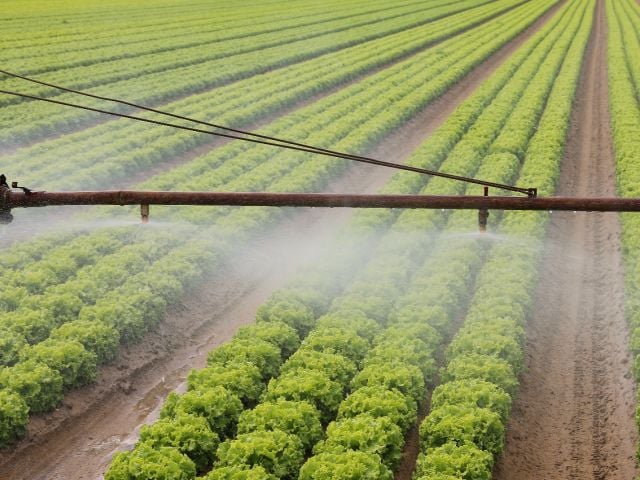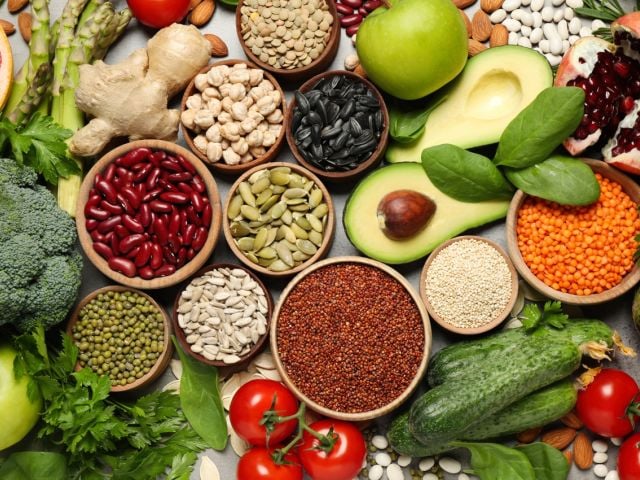
Tomorrow (Wed., Sept. 12), lobbyists for subsidized agriculture will hold a rally on Capitol Hill to urge Congress to pass a farm bill – any farm bill, even the terrible one produced by the House Agriculture Committee.
But realistically, there are only two ways to pass a “farm bill now” – either the full House passes one of the worst farm bills in generations, or Congress bypasses the House entirely and attaches a “secret farm bill” to must-pass legislation during a lame duck session after the election.
It’s hard to say which would be worse: passing the House Agriculture Committee’s version, which cuts hunger, energy and environmental programs to help finance lavish new insurance subsidies, or subverting the Constitution by passing a five-year renewal of farm policies that has never been considered by the full House.
The better course is for Congress to simply reject the House farm bill and instead pass a drought package for livestock farmers and pass an extension that finally ends wasteful direct payments, protects critical food and conservation programs and instructs the House and Senate agriculture committees to reform, rather than expand, insurance subsidies.
The current drought is revealing just how far crop insurance has strayed from a sensible safety net – and just how urgently crop insurance reform is needed. And that’s exactly why subsidized agriculture and its allies on Capitol Hill are trying to bypass meaningful debate.
Under the current system, the taxpayer pays roughly 60 percent of the cost of crop insurance premiums, more than $1 billion annually to (mostly foreign) companies that sell the policies, and most of the claims payments when insured crops fail. In many cases, the policies pay farmers affected by the drought more than they would have made if they had been able to harvest their crop.
That’s like having Congress pay 60 percent of your car insurance premiums – to the tune of more than $7 billion a year nationwide – then pick up most of the cost when you crash your car and, finally, buy you a nicer car.
But rather than reform a system that overall could cost taxpayers more than $20 billion this year alone, both the House and Senate farm bills actually expand crop insurance subsidies. No wonder farm lobbyists are afraid to have the full House consider the bill.
For a lot of reasons, there has never been a better time to reign in farm subsidies.
Farm income is expected to top $122 billion this year –three times more than farmers earned just a decade ago. Farmers’ equity in their property is expected to rise to an all-time high of almost $2.3 trillion.
Unlike most American households, farm household income actually increased by 5.4 percent in 2011 and is expected to increase again this year. The income of larger commercial farms increased by nearly 8 percent in 2011 and is predicted to soar by another 8 percent by year’s end.
If the House were allowed to debate a farm bill, the subsidy lobby and their Congressional champions would have to explain why some of the most profitable businesses in America need any help buying insurance.
We don’t need a farm bill now, especially one that cuts nutrition assistance funding for millions of hungry kids to increase subsidies to corporate mega-farms. What we do need now is farm subsidy reform!! And we need legislators who are willing to ask legitimate questions about the need for farm welfare at a time of record farm income.



.jpg?h=827069f2&itok=jxjHWjz5)